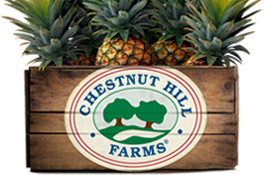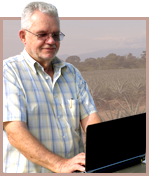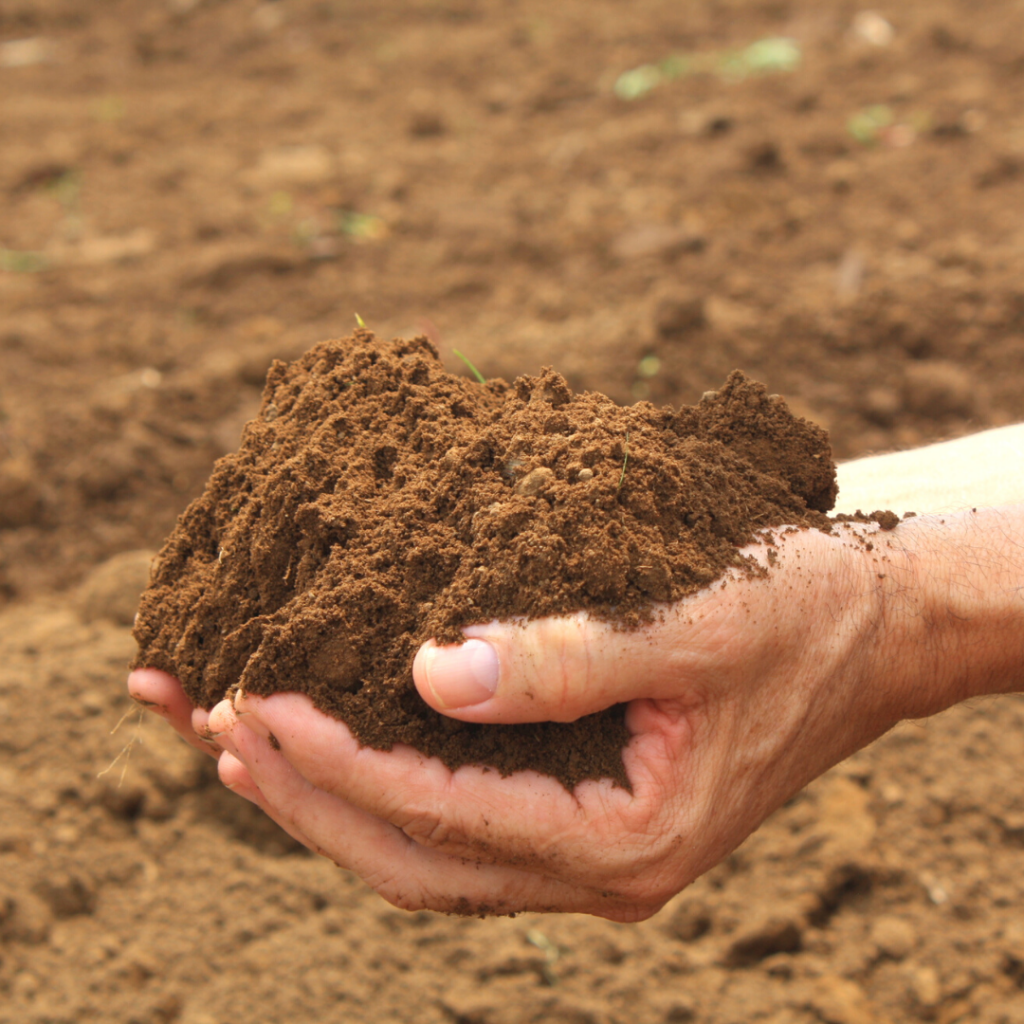
We often forget that we are all part of a larger web of life. Everything that surrounds us, and everything that we see or do not see, is part of a larger ecosystem that is more interconnected and interrelated than we believe. While soil is not always within our sight or as aesthetically appealing as trees or other living creatures, it plays a huge role in the life cycle and functioning of the ecosystem as a whole and is essential to sustaining life on Earth.
The reality for the world we currently live in today is that soil is also our best ally in combating climate change and ensuring food security. The threat of soil erosion poses risks to our own livelihoods, as agricultural activities can often exceed the rate at which new soils can form in a fast-paced world.
Top Quality is Key
When the soil thins or is reduced, this, in turn, affects the capacity to store nutrients, water, and carbon, which ultimately means that the ability to feed the world is threatened.
Recognizing that soil is the basis of farming, Chestnut Hill Farms aims to harmonize the relationship between humans and nature to ensure that sustainability represents the heart of agriculture. To maintain top quality and produce the best kind of pineapples in the country through 5 main ways:
Protecting the Nutrients
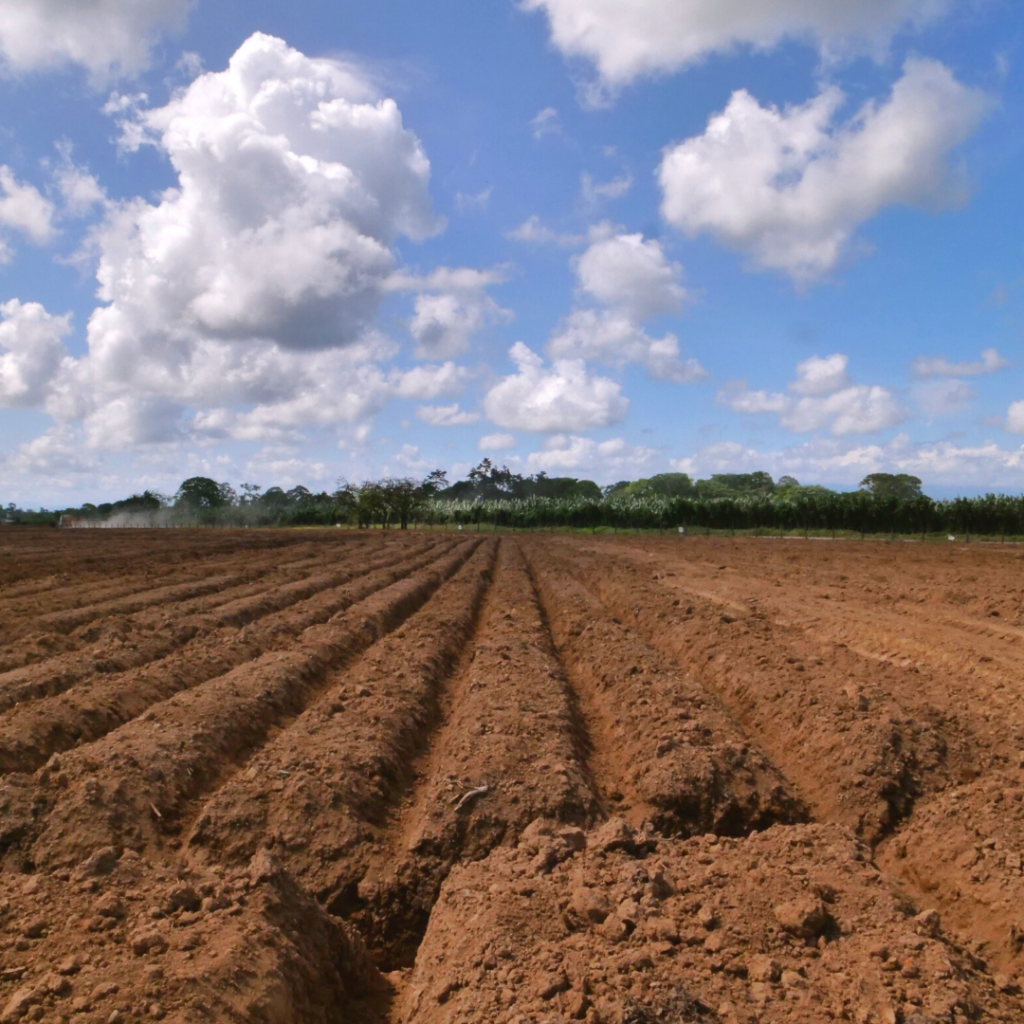
Nutrient cycling is highly critical in maintaining healthy soil. The more we ensure that nutrients are repeatedly moving within a cycle and return back to our environment. In a circular economy, materials and value would circulate within society while, say, services and intelligent solutions added value to products. The objective is to reduce waste and create a system with zero loss of material.
Pineapple plants after harvest leave an estimated 300 tons of pineapple material per hectare which are re-incorporated into the soil to maintain good soil structure, nutrient levels and to improve the Cation exchange capacity of the soil.
Using Beneficial Soil Microbes
Soil bacteria and fungi enhance soil nutrient availability by transforming unavailable nutrients into bioavailable forms. Essentially, soil microbes (bacteria and fungi) play an important role in decomposing organic matter and recycling old plant material.
At Chestnut Hill Farms, beneficial bacteria and fungi are also applied to complement the decomposition of the OM to reduce the use of chemical pesticides along with the addition of humic acids.
To prevent insects from attacking the fruit, a beneficial microorganism (Bt) is also used to reduce the application of approved pesticides.
Maintenance of Natural Forest
Though it was ignored in the part, we put it as a key priority to maintain forests and trees, as they play an important contribution to food security by keeping the environmental conditions needed for agricultural production. On top of that, maintenance of forests and trees helps in stabilizing the soil and enhancing the storage of water, as well as controlling air and soil temperatures.
Our actions for sustainability are never modest. Over 275 hectares of forest reserve are maintained, which help reduce our carbon footprint and protect natural wildlife, including 3 species of monkeys, three-toed sloths, and birds such as toucans and large and rare parrots.
Protecting the forest’s ecosystems essentially means replanting in order to allow trees to regrow naturally. To achieve this, forty hectares of native fruit trees have been planted to provide sufficient food for these creatures.
Erosion Prevention
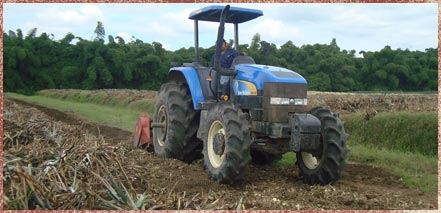
Just as we try to keep the soil healthy, we must also try to prevent it from being eroded. When it rains, there is often a possibility that the water can carry the soil with it, which leads to the erosion.
We plant some pineapple plants in the bottom of drains to slow the speed of the drainage of water, which are designed by topographers that are perfectly aware of how to control the water flow. There is also another tactic of allowing grass to grow in the drains, which further prevents erosion.
Reduction of Herbicides and Pesticides On Our Farms
The problem with pesticides is that they can remain in the soil for decades, which greatly affects soil health, such as reduced reproduction, growth, as well as reduced overall species diversity.
We’ve been very keen on maintaining soil health by reducing herbicides and pesticides by carrying out physical surveys of the fields to determine the need for the application. This way, herbicide application is only done on an as-needed basis to protect soil health.
